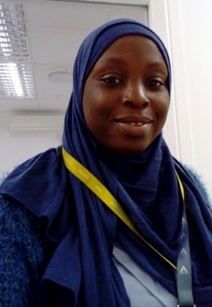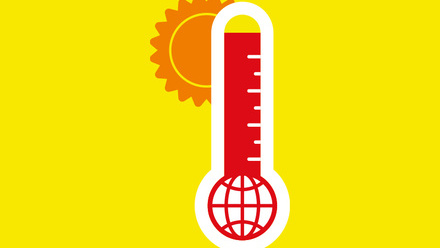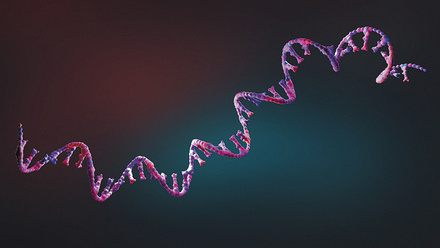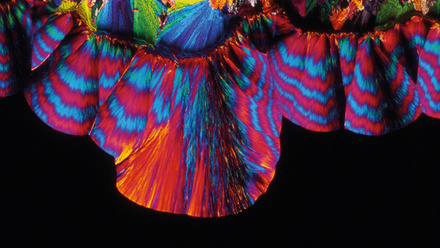Meet Aonat

How Aonat started out
"I studied Microbiology for my first degree at The University of Ilorin, Nigeria. This gave me the opportunity of taking a Trainee Medical Laboratory Scientist position across Blood Sciences specialities - where I gained a keen interest in Biomedical Science.
I also took my Master’s degree to enhance my prospects. This was followed by a Microbiology position in an Environmental Science Laboratory in Rotherham.
I then joined the NHS as a Healthcare Science Assistant in Clinical Chemistry at The University Hospital Birmingham for a year, after which I moved to the University Hospitals Leicester as a Clinical Chemistry and Haematology Associate Practitioner.
I have recently joined the Nottingham University Hospital NHS Trust as a Biomedical Scientist following my recent professional registration with the HCPC."
What is biochemistry?
"Biochemistry, also known as Clinical Chemistry, is responsible for carrying out high-quality analytical testing techniques on bodily fluids and specimens to support diagnostic and therapeutic monitoring, prognosis services.
The Biochemistry department is part of a robust clinical pathology service, providing analytical services to the hospital."
What does a typical day in your department look like?
"Generally, my everyday responsibility involves carrying out laboratory analysis, validating and reporting results in a timely and quality-focused manner.
I am also responsible for maintenance and operation of equipment, undertaking quality control procedures and ensuring any issues with quality control results are resolved appropriately.
Being a newbie in my current role, I am expected to rotate through the laboratory areas for a specific period before going on to my full responsibilities. Currently, my rotation is based at the specimen reception area where my typical days is between 9am and 5pm."
Morning:
"I start the day by helping out in the general reception section where specimens are initially received and sorted out to various sections of the laboratory.
Then I go onto my training folder to complete my competency assessment. I can also spend the mornings attending any tutorials and case study presentations to gain knowledge and for the purposes of CPD.
I then break up for a quick brew at about 11am. By the time I return, the general reception gets busy again, so I join to help out while also using the opportunity to gain knowledge and competence of how the reception works. I eventually break up for lunch at about 12.30."
Afternoon:
"This is a very busy period for the laboratory as specimens come in from both within the hospital and outside.
I spend my time helping to book in samples and carrying out pre-analytical preparations and record keeping. I also break up again for tea around 15.30 and return to carry on same duties. I also use any quiet moments during this time to attend any mandatory trainings."
End of day:
"I make sure I clear my desk of samples, forms, and rubbish before leaving and lastly removing my personal protective equipment (PPE) and practice prestigious hand hygiene.
It’s then time to go home to meet my inquisitive little one who is always waiting to ask how many people I have helped in my job to get better and what machines he needs to design for me to help more."
What do you most enjoy about the role?
"Enjoyment is an understatement for every bit of my job. The most exciting part of being a Biomedical Scientist, for me, is that I get the opportunity of varied practice and learning through the unique nature of specimens and clinical cases I encounter.
I also get excellent job satisfaction when a timely result is given out to help clinicians make informed and evidence-based decisions on patient care.
I also enjoy looking after the analysers and get excited to troubleshoot and fix problems with them as this aspect is a crucial path to a smooth shift and adherence to turnaround times and hence reducing waiting times for patients."
Any advice for someone wanting a similar career?
"It is a dynamic career, so if you are very enthusiastic, it is the way to go.
I would advise that anyone trying to get into the profession should try to gain as much laboratory experience as possible; as it helps and counts a lot when it’s time to get interviews right."




